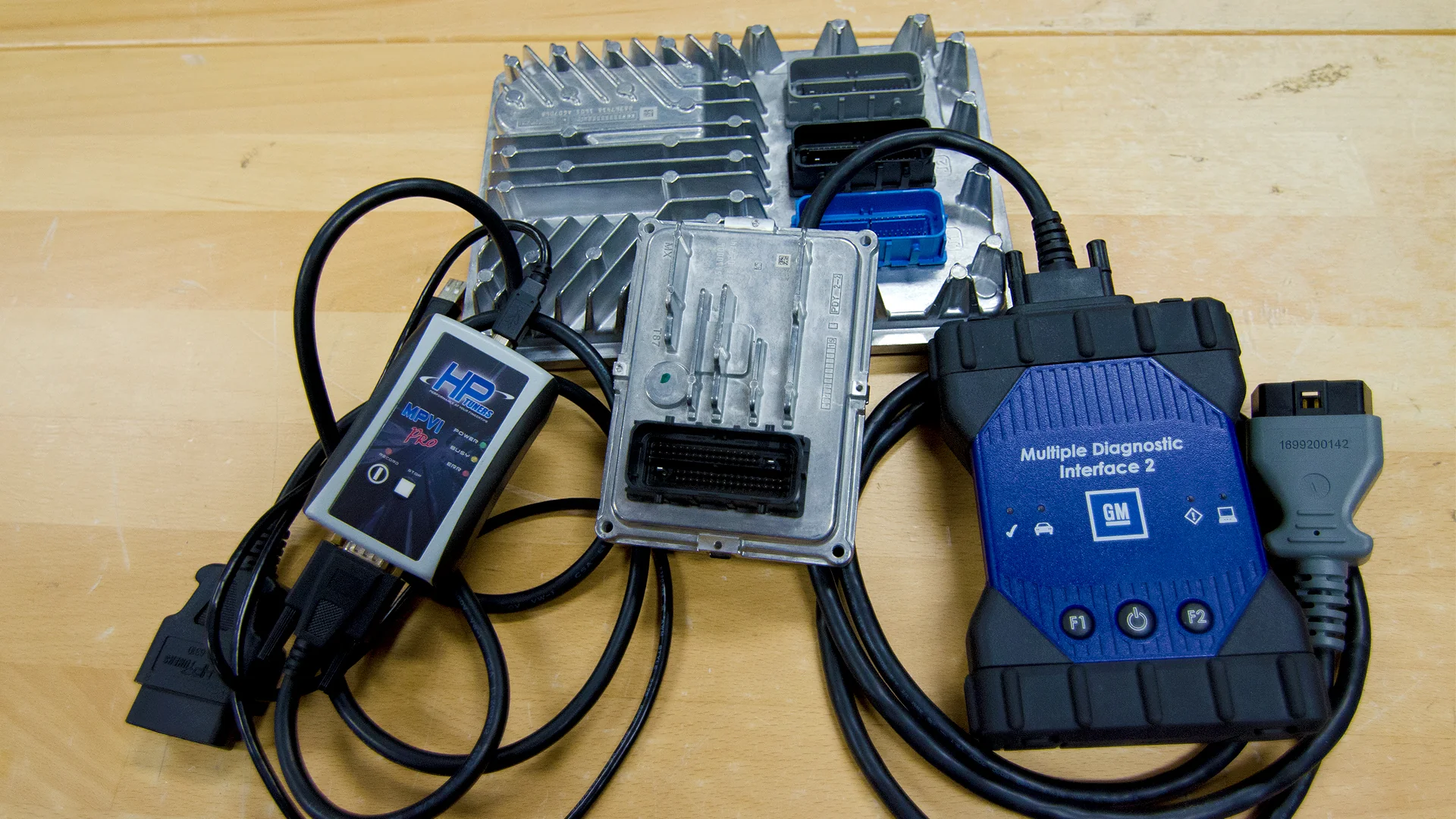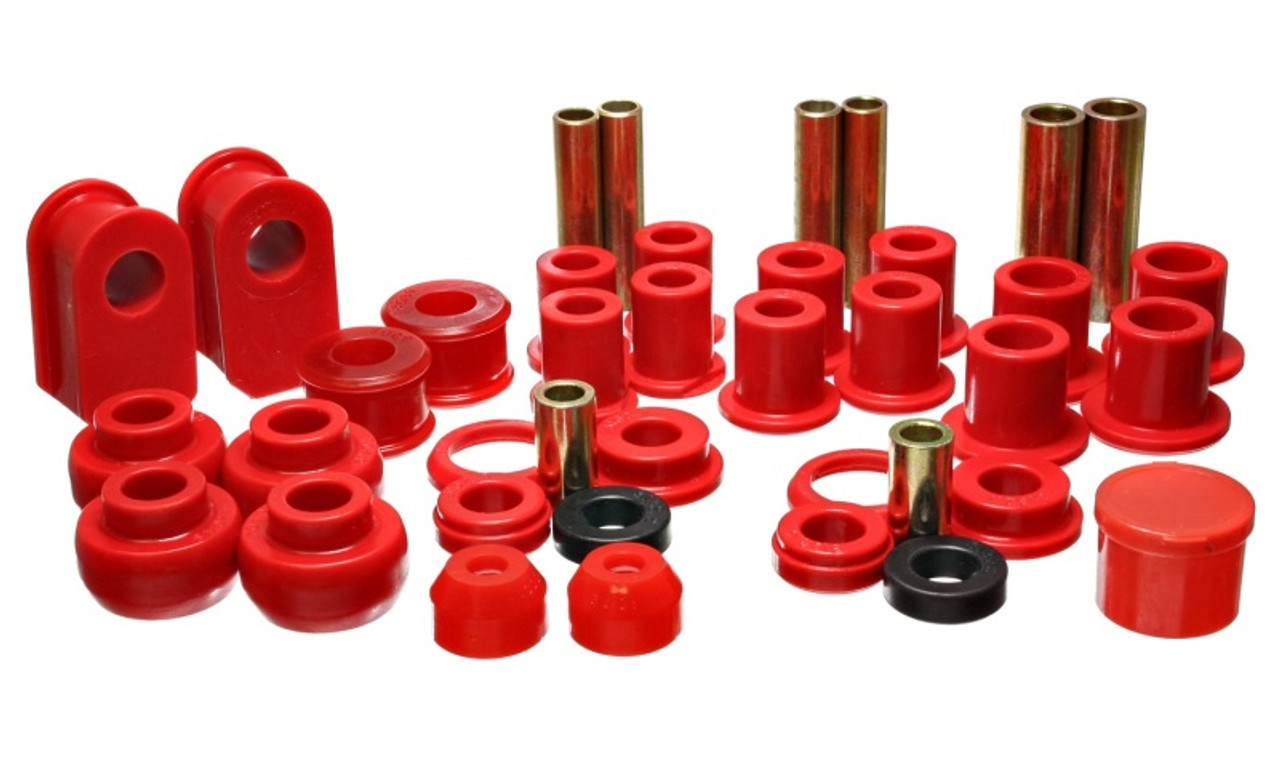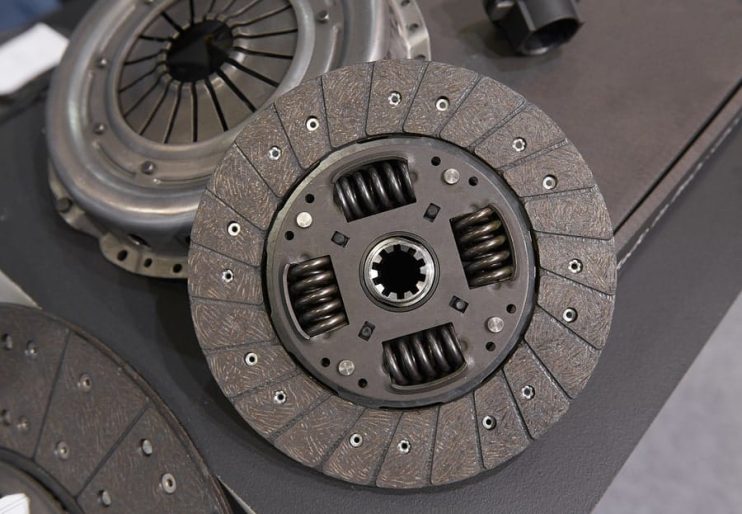Swapping an Engine Control Unit (ECU) without programming is not recommended. The ECU controls various engine functions and needs proper programming for compatibility, adaptation, anti-theft measures, emissions compliance, and safety.
Moreover, incorrectly swapping an ECU can lead to performance issues, legal problems, and even unsafe driving conditions.
Additionally, it’s essential to work with professionals who can program the new ECU accurately using specialized equipment.
How to Avoid Problems: Swapping ECUs Without Programming?
Unlocking Vehicle Performance: Navigating the Pitfalls of ECU Swapping Without Proper Programming.
Compatibility Issues
Vehicle-Specific Configurations: Each vehicle model and make might have specific hardware components, sensors, and actuators that are intricately linked with the ECU.
Moreover, swapping an ECU from one vehicle to another could result in mismatches between the ECU’s programming and the actual components present in the new vehicle.
Additionally, this misalignment can lead to errors in controlling critical functions like fuel injection, which are tailored to the original vehicle’s specifications.
Engine Types and Models: Different engines have distinct characteristics, including displacement, compression ratios, and power delivery.
In addition, ECUs are programmed to optimize performance based on these factors. Swapping an ECU without reprogramming may not account for the unique traits of the new engine. Moreover, it causes suboptimal performance, decreased fuel efficiency, and even potential engine damage.
Production Years: Automotive technology evolves rapidly. ECUs become more sophisticated with each model year, incorporating new features and strategies.
Attempting to install an older ECU into a newer vehicle or vice versa could result in a lack of compatibility with newer technologies. Moreover, it leads to functionality gaps and reduced performance.
Adaptation Problems
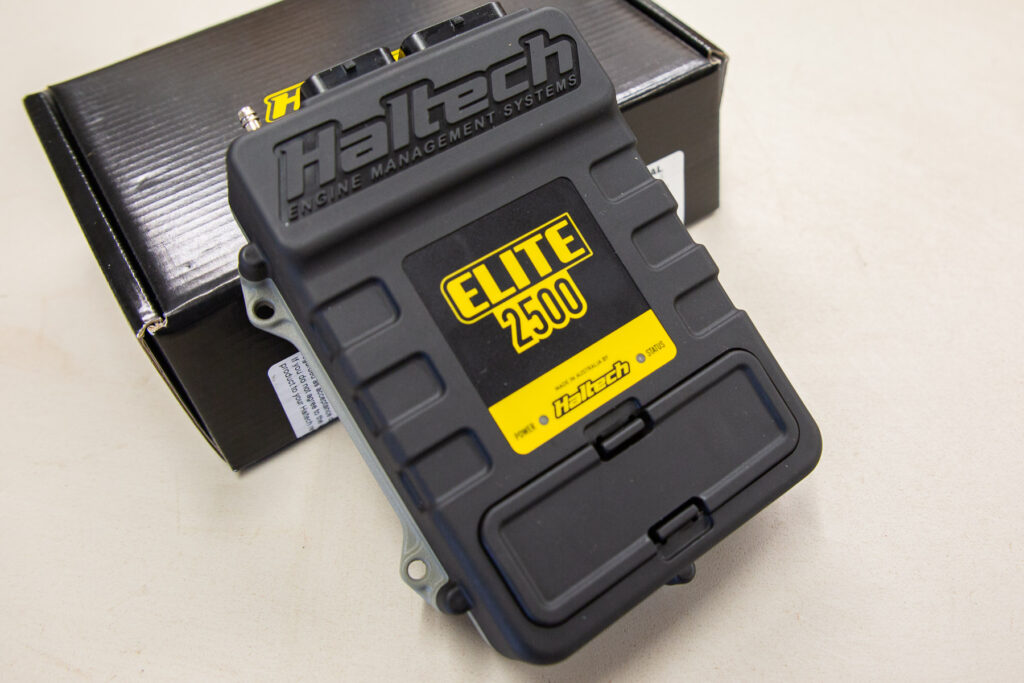
Learning and Adapting to Engine Characteristics: Many modern ECUs are designed to adapt and learn over time, fine-tuning their parameters based on real-world driving conditions.
In addition, this adaptation helps optimize fuel efficiency, emissions, and performance. Swapping an ECU without allowing it to re-learn or recalibrate for the new engine can lead to inefficient fuel usage, inconsistent idling, and overall compromised engine behavior.
Effects of Incorrect Adaptation: In cases where an ECU doesn’t have the opportunity to properly adapt to the new engine, it may make assumptions based on outdated data.
Moreover, this can lead to incorrect fuel mixtures, ignition timing, and other settings, resulting in poor engine response, reduced power, and even engine knock, which can be damaging over time.
Anti-Theft Measures
ECU Ties to Vehicle Security Systems: Many modern vehicles incorporate anti-theft measures that involve the ECU.
Additionally, these measures are designed to prevent unauthorized starting or operation of the vehicle. Swapping an ECU without proper programming or security procedures can trigger anti-theft protocols, causing the vehicle to either not start at all or enter a limited functionality mode.
Potential Starting and Functionality Problems: If the new ECU is not properly synchronized with the vehicle’s security system, it might prevent the engine from starting or functioning as intended.
Moreover, this situation can leave the owner stranded and necessitate a visit to the dealership or a specialized technician to resolve the security-related issues.
Emissions and Regulatory Compliance
ECUs Ensuring Emissions Standards: Modern vehicles must meet stringent emissions standards set by regulatory authorities.
Moreover, the ECU plays a pivotal role in monitoring and controlling emissions-related components to ensure compliance.
Swapping an ECU that is not programmed to adhere to these standards can lead to excessive emissions, potentially resulting in legal consequences and environmental harm.
Legal and Environmental Implications of Non-Compliance: Operating a vehicle that does not meet emissions standards can lead to fines, penalties, and legal troubles.
Moreover, environmentally, excessive emissions contribute to air pollution and harm public health. Improperly swapping an ECU without programming to maintain emissions compliance exacerbates these problems.
What Is The Importance of the ECU?
Central Nerve of Your Vehicle: Understanding the Vital Role of the ECU
Functions Controlled by the ECU
Fuel Injection: The ECU precisely manages the timing, duration, and amount of fuel injected into the engine’s cylinders.
In addition, it does this by analyzing data from various sensors, such as the oxygen sensor and mass airflow sensor, to determine the optimal fuel-to-air ratio.
Moreover, this fine-tuned control maximizes fuel efficiency, power output, and emissions control.
Ignition Timing: The ECU governs the timing of the spark that ignites the air-fuel mixture in the combustion chamber.
By adjusting ignition timing based on factors like engine speed and load, the ECU optimizes engine power and efficiency.
Moreover, incorrect timing can lead to poor combustion, reduced power, and increased emissions.
Emissions Control: Modern vehicles must meet strict emissions standards. The ECU monitors and controls emissions-related components, such as catalytic converters and oxygen sensors, to ensure pollutants are minimized.
By continuously adjusting various parameters, the ECU helps the vehicle maintain compliance with environmental regulations.
Significance of Proper ECU Operation for Vehicle Performance and Efficiency
Optimized Performance: The ECU’s ability to fine-tune fuel injection and ignition timing enables the engine to deliver its best performance across different driving conditions.
Moreover, properly programmed ECUs ensure smooth acceleration, responsive throttle control, and consistent power output.
A well-tuned ECU can also enhance the overall driving experience by minimizing lag and maintaining a balanced power curve.
Fuel Efficiency: Precise control over fuel injection and ignition timing directly impacts fuel efficiency. The ECU adjusts the air-fuel mixture based on real-time data, ensuring that only the necessary amount of fuel is used for combustion.
In addition, optimization leads to improved mileage and reduced fuel consumption, which is not only cost-effective for the owner but also environmentally friendly.
Emissions Reduction: With the rising concern for environmental impact, the ECU’s role in emissions control is crucial.
By managing emissions-related components, the ECU helps reduce harmful pollutants released into the atmosphere.
Furthermore, this is not only legally mandated but also contributes to air quality and the global effort to combat climate change.
Diagnostic Capabilities: Many ECUs are equipped with onboard diagnostics (OBD) systems that monitor the vehicle’s performance and detect potential issues.
When a problem arises, the ECU generates diagnostic trouble codes (DTCs) that help technicians identify and rectify problems more efficiently.
Moreover, this proactive approach to maintenance can prevent more significant problems down the line and save on repair costs.
Adaptability: Modern ECUs are designed to adapt to changing conditions, such as altitude, temperature, and wear and tear.
This adaptability ensures consistent performance over the vehicle’s lifespan. However, this adaptability relies on proper programming and calibration.
How to Manage Performance and Safety Concerns?
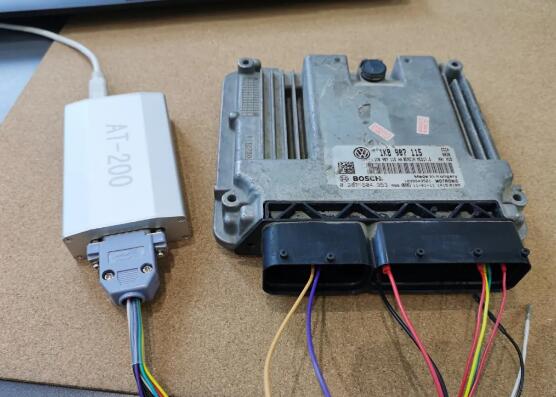
Navigating Performance and Safety in Your Vehicle
Engine Performance Impacts
Reduced Power and Acceleration: Swapping an ECU without proper programming can lead to a mismatch between the engine’s capabilities and the ECU’s control strategies.
Additionally, this mismatch can result in reduced power and slower acceleration due to improper fuel and timing settings. The engine might struggle to perform optimally, affecting the overall driving experience.
Fuel Efficiency Issues: An improperly programmed ECU can lead to inefficient fuel consumption.
Moreover, the ECU’s inability to accurately calculate and control the fuel-to-air ratio can result in excessive fuel usage, reducing fuel efficiency and increasing operating costs for the vehicle owner.
Safety Implications
Unresponsive Engine Control in Critical Situations: A crucial aspect of modern ECUs is their role in managing engine response in emergency situations, such as sudden acceleration or braking.
However, if an ECU is not properly programmed to anticipate and respond to these events, it might fail to provide the necessary adjustments to the engine’s performance, potentially compromising driver control and safety.
Potential Hazards of Improper ECU Programming: In extreme cases, incorrect ECU programming can lead to dangerous conditions. For example, improper ignition timing could cause engine knock, damaging internal components over time.
Additionally, poor fuel control might result in misfires, leading to excessive unburned fuel in the exhaust system, which can damage catalytic converters and pose fire hazards.
How Can You Proper Approach For Professional ECU Programming
Importance of Expertise and Specialized Tools: ECU programming is a complex task that requires deep knowledge of vehicle electronics, engine mechanics, and software calibration.
Moreover, professionals have access to specialized diagnostic tools and software that enable them to accurately read and program ECUs based on the specific vehicle’s requirements.
Role of Professionals in Accurate ECU Programming: Professionals have experience in understanding the intricate interactions between various engine parameters and the ECU’s programming.
In addition, they can tailor the ECU settings to match the vehicle’s engine specifications, ensuring optimal performance, fuel efficiency, and emissions control.
Considerations During Programming
Vehicle Identification (VIN): The Vehicle Identification Number (VIN) provides critical information about the vehicle’s make, model, and year.
Moreover, professionals use this information to ensure that the replacement ECU is compatible and correctly programmed for the specific vehicle.
Engine Specifications: Engine characteristics, such as displacement, cylinder arrangement, and compression ratio, influence how an engine performs.
In addition, proper programming requires adjusting the ECU settings to accommodate these specifications, allowing the engine to operate efficiently and safely.
Emissions Standards: Different regions have varying emissions standards. Professionals consider these standards when programming the ECU to ensure the vehicle complies with local regulations.
Additionally, this involves setting emissions-related parameters, such as air-fuel ratios and exhaust gas recirculation rates, appropriately.
FAQ’s
What functions does the ECU control?
The ECU manages fuel injection, ignition timing, and emissions control for optimal engine performance.
What happens if I install the wrong ECU?
Installing the wrong ECU can result in reduced power, poor fuel efficiency, and potential engine damage.
Can improper ECU programming affect fuel economy?
Yes, incorrect programming can lead to inefficient fuel consumption and decreased fuel efficiency.
Is ECU programming essential for emissions compliance?
Yes, proper ECU programming is crucial for meeting emissions standards and avoiding legal and environmental issues.
How does an improperly programmed ECU impact safety?
A6: Improper ECU programming can cause unresponsive engine control in critical situations, compromising driver safety.
Why should I choose professional ECU programming?
Professionals have the expertise and tools to ensure accurate ECU programming, optimizing performance, efficiency, and safety.
What role does the VIN play in ECU programming?
The Vehicle Identification Number (VIN) helps professionals tailor ECU programming to the specific vehicle’s specifications.
Can I program an ECU myself without expertise?
ECU programming requires specialized knowledge and tools; it’s advisable to seek professional help to avoid potential issues.
Conclusion
In conclusion, the Engine Control Unit (ECU) serves as the heart of modern vehicle performance, orchestrating functions such as fuel injection, ignition timing, and emissions control.
The significance of proper ECU operation is far-reaching, impacting engine performance, fuel efficiency, emissions compliance, and even safety.
Swapping an ECU without accurate programming poses multifaceted challenges, including compatibility issues, adaptation problems, and potential anti-theft measures.
Proper ECU programming is essential to ensure optimized performance and safety. Mismatched ECUs can result in reduced power, compromised acceleration, and inefficient fuel consumption.
In addition, the implications extend to safety concerns, with incorrect programming leading to unresponsive engine control in critical situations and potential hazards due to improper engine management.
Moreover, the recommended approach is to rely on professionals with expertise and specialized tools for ECU programming. Professionals understand the intricacies of vehicle electronics, engine mechanics, and emissions compliance.
Finally, they consider vital factors such as the Vehicle Identification Number (VIN), engine specifications, and emissions standards during programming to ensure accurate calibration. This approach safeguards against poor performance, inefficient fuel usage, and potential safety risks.







